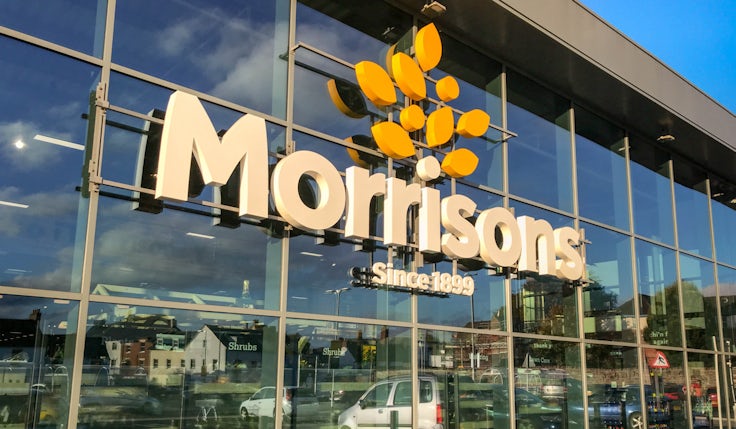Purpose will be central to rebuilding brands, post-Covid
Business shouldn’t look the same after Covid – brands should recognise that purpose creates distinctiveness and will be key to future growth.
 I have over the last few weeks been asked to take part in a number of events focusing on the post-Covid world. While I have happily accepted the invitations, I have been less comfortable at the notion that we are in a post-pandemic situation. We aren’t, and we won’t be for a long while yet – not until an effective vaccine has been rolled out across the globe.
I have over the last few weeks been asked to take part in a number of events focusing on the post-Covid world. While I have happily accepted the invitations, I have been less comfortable at the notion that we are in a post-pandemic situation. We aren’t, and we won’t be for a long while yet – not until an effective vaccine has been rolled out across the globe.
And let’s be clear, the virus will have a lasting impact on those of us who manage to survive it. The economic, social and psychological effects will be felt for generations. Lenin once said: “There are decades where nothing happens and there are weeks where decades happen.” Ain’t that the truth.
Racism is not just a news story, it’s a disease all marketers should fight
It may be a long time before we see the back of this virus, but we are past the shock phase. We now have to start focusing on the future. I realise that this is not easy when we don’t know what the future will look like. In this respect at least we are all in it together: venturing into the unknown, not knowing what new factor outside of our control will derail plans, forcing another change in strategy. I would argue strongly that is impossible to do this on your own. Good leaders will demonstrate their strength by acknowledging they need help and the collaborating with others to get to the right place.
And what is the right place? I don’t think it can, or should, be where we were before. We must use the experience of the lockdown to rethink what a successful business looks like.
In measuring success, we need to look at more than the bottom line, vital though that is. We have been talking about business playing a real part in the delivery of the UN Sustainable Development Goals and, to be fair, some have stepped up to the challenge. But let’s be honest, most haven’t. We could, we should, use this moment to reset priorities, to put purpose at the heart of your business.
In the battle for distinction, purpose can be the game changer.
The businesses that will not just survive, but thrive, over the coming months and years will be those whose leaders embrace the notion that there is no merit in profit without purpose (equally purpose without profit is unsustainable). I know many will see the economic outlook and think now is not the time to get distracted by faddy nonsense like purpose. But, of course, I would argue that now is definitely the time to focus on it.
Not only do purpose-driven companies elicit passion and commitment from their people, their customers and consumers, they were also shown by DDI, EY and The Conference Board’s 2018 Global Leadership Forecast to outperform financial markets by 42%. Companies without a sense of purpose within their vision/mission, underperform by 42%.
Transparent practices
In the battle for distinction, purpose can be the game changer: expressing clearly and simply what a business aspires to be and do. But it offers more than this; purpose should be the roadmap helping an organisation drive towards an ambitious and brighter future, fostering along the way a more focused, innovative and dynamic culture.
Finding your purpose is not a solo sport; no one can be expected to have all the answers. It is a question of asking the right questions of the right people and being committed to make the change. It isn’t easy, which is why I would strongly recommend bringing together a group of trusted, experienced people from inside and outside the organisation to help not just define your purpose but ensure that it drives your business.
Are brands living up to their purpose during the coronavirus crisis?
We can all think of brands which make bold declarations about what they stand for, but a quick squint at how they behave reveals that their practices fall a long way short. I really can’t think of a single brand or organisation which does everything perfectly. Imperfection should not be a bar to adopting a purpose and have it fuel your business.
You do have to commit to being authentic by being transparent and accountable – yes, our gender pay gap is X%, we have a plan to eliminate it over Y years and will report on progress; yes our type of business uses lots of water, this is what we are doing to reduce our consumption; yes our diversity record is poor and this is what we are going to do to address that.
This combination of purpose, commitment, transparency and authenticity builds trust and confidence: two things which brands should be seeking to build – dare I say, stockpile.







